The nuclear energy option: CEOs say ‘modular reactors’ a possibility
Some of Australia’s top bosses say it’s time for an open debate on nuclear technology and whether new forms of reactors stack up. HAVE YOUR SAY IN THE POLL
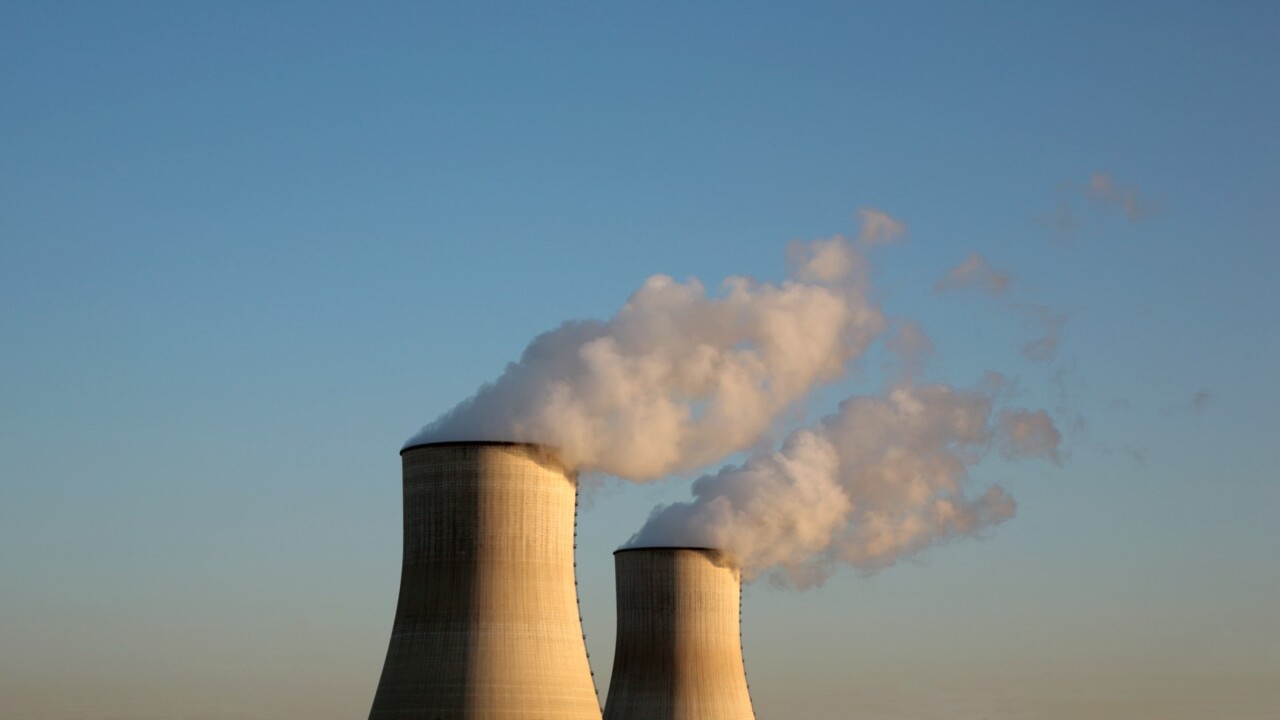
Top CEOs have said Australia should be prepared to have an open debate on nuclear technology and whether new forms of cheaper reactors stack up to underpin the energy grid and help the nation hit its longer-term net zero targets.
However, they said as a near-term solution to the nation’s energy crisis, the moment to consider nuclear as part of the mix may have passed.
The heads of BHP, Origin and Wesfarmers warned the hard line policy view against nuclear power had meant Australia was dealing itself out of global efforts to slash carbon emissions and has left itself short as ageing coal fired plants are retired over the next decade.
BHP chief executive Mike Henry said nuclear power should be considered as part of the suite of energy solutions. But he pointed out this is a different conversation from whether nuclear stacks up economically.
“What’s our fundamental position? Right from the get-go that has been for the world to decarbonise and all options have to be on the table.
“And we’ve always been proponents of a technology agnostic approach to decarbonisation, and that’s really what we’re advocating for, as opposed to saying we’re advocating specifically for nuclear.”
The BHP boss notes other parts of the world including the US, Canada and Europe are seriously considering lower cost small modular nuclear reactors, which means Australia could be left behind when it comes to the adoption of the technology.
“It may be that nuclear doesn’t win the race at the end of the day here in Australia, but it shouldn’t be for artificial constraints,” Mr Henry said in an interview.
BHP exports uranium, a key input into nuclear energy generation, as a by-product from the giant Olympic Dam copper mine in South Australia.
His comments come as energy regulator AEMO has warned of increasing strain on the power grid with the prospects of blackouts across Victoria and South Australia as early as this summer, with NSW and Queensland to follow in coming years.
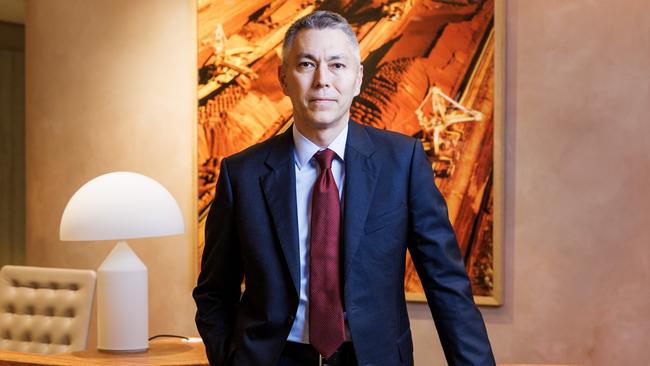
AEMO last week warned that “imminent and urgent investment” is needed for new forms of energy production, to ensure reliability of the energy market through to the end of the decade. The UK is rolling out a fleet of small modular reactors, which come at a far lower cost than massively expensive large scale nuclear generators, while construction times are dramatically faster. The low emission technology offers baseload output for up to 90 per cent of the year, compared to the daily variability of solar and wind.
Mr Henry said he’d be open to having small modular reactors power BHP’s operations in remote areas. While BHP’s option would be for an expert to deliver the energy, the miner would be open to underwriting energy contracts.
The GenCost report between science agency CSIRO and AEMO that annually updates the costs of electricity generation puts the levelised power costs – that includes all the capital costs – of small modular reactors on par with a gas turbine plant or coal generator at the low end of the range. The uncertainty of the costs mean SMR reactors have the widest range of potential electricity costs, but also means it can compete with offshore wind on prices.
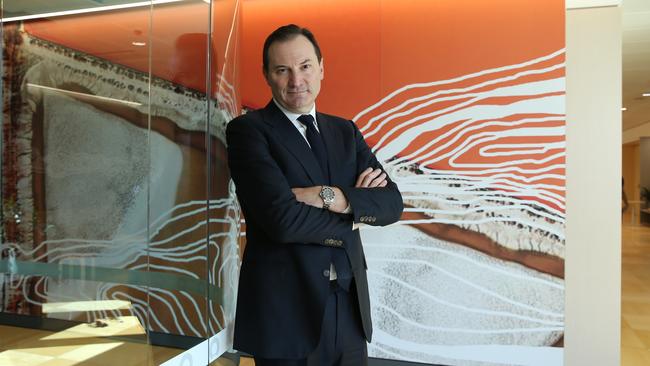
The report, released in July, says hitting the lower end of the nuclear SMR range requires that the technology is deployed globally in large enough capacity to bring down costs available to Australia.
Origin energy chief executive Frank Calabria said he has been watching the development of SMR technology in North America and believes nuclear power should be “open for discussion and debate”. Origin has plans in place to switch off its massive coal-fired Eraring generator in coming years and roll out a grid-scale storage battery at the site and around 1,600 MW of renewable energy development projects.
However, Mr Calabria said SMRs wouldn’t be able to offer a solution right now, given the time needed to scale the technology and necessary community discussion and acceptance.
“In the meantime, there’s a lot of known technologies that we’re going to go after,” he said.
Rob Scott, the chief executive of Wesfarmers, which owns hardware chain Bunnings to industrial and chemical assets, said Australia needs to maintain an open mind when it comes to decarbonisation.
“The smallest scale and utility is something that should be considered alongside other options, I think it would be foolish to exclude certain technologies, given how much change in innovation and disruption is playing out in the market,” Mr Scott said.
However, Adam Watson of gas pipeline player APA says while Australia should consider all options, nuclear technology is not going to be ready in time based on the nation’s current energy roadmap. APA just paid $1.7bn for Alinta’s Pilbara-based renewables energy plant, although Mr Watson said gas will continue to play a role for decades in the transition.
“Nuclear is obviously an important part of the energy mix for certain countries and certain regions where they’ve got limited resources … in Australia we’ve got an abundance of gas. So we can bring renewable power generation in, we can serve it with gas and we can take coal out at a pace if we get on with it.”






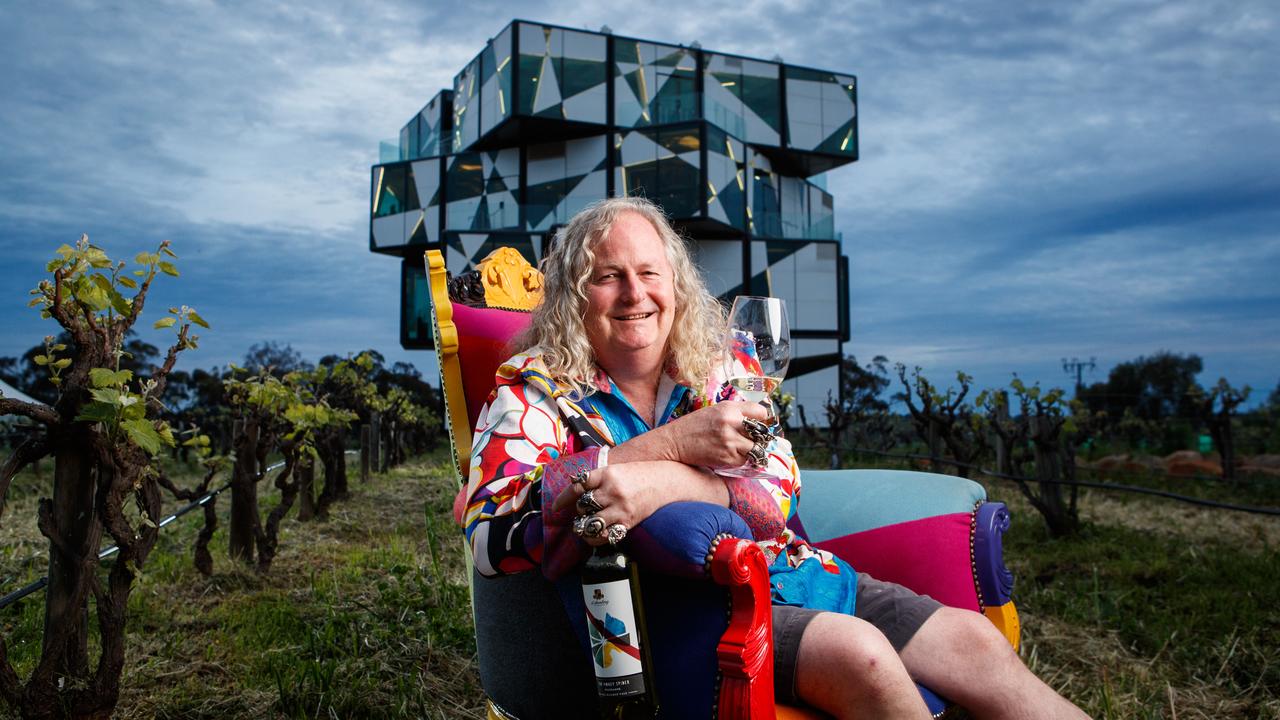
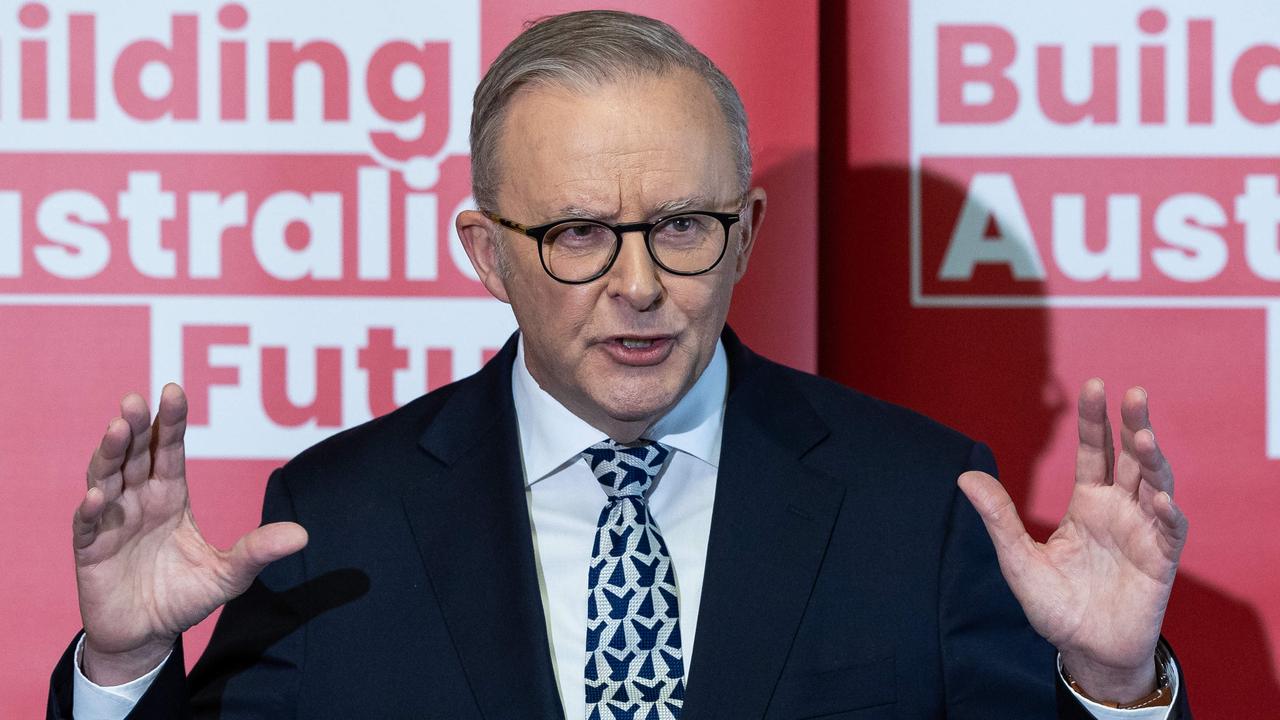
To join the conversation, please log in. Don't have an account? Register
Join the conversation, you are commenting as Logout